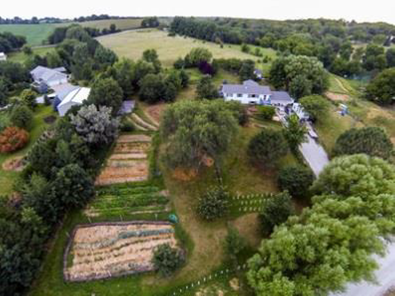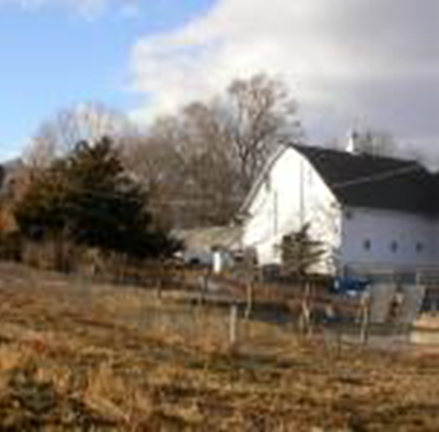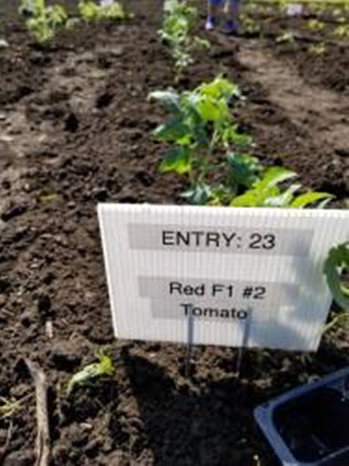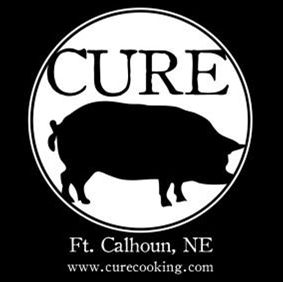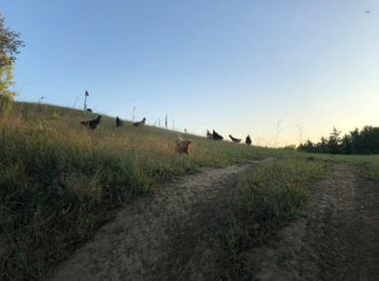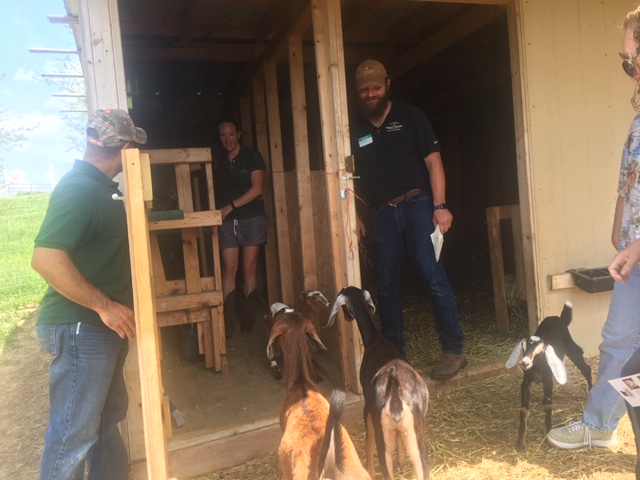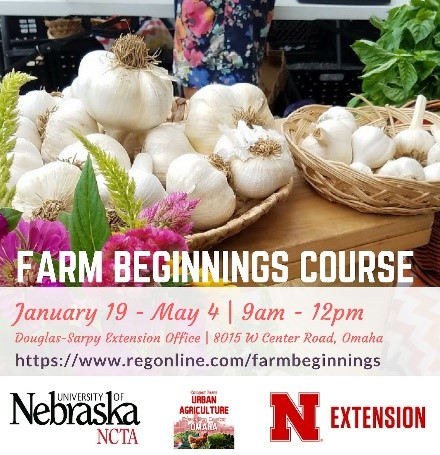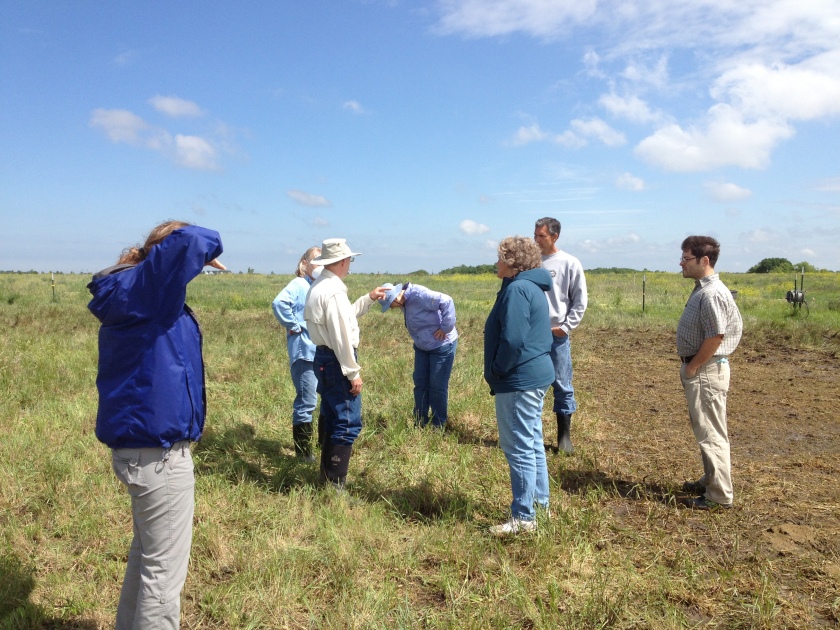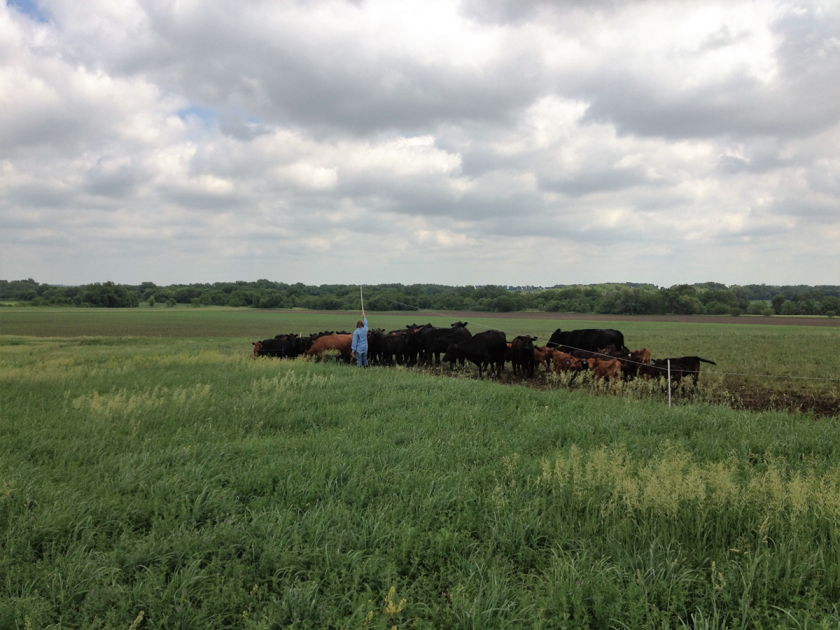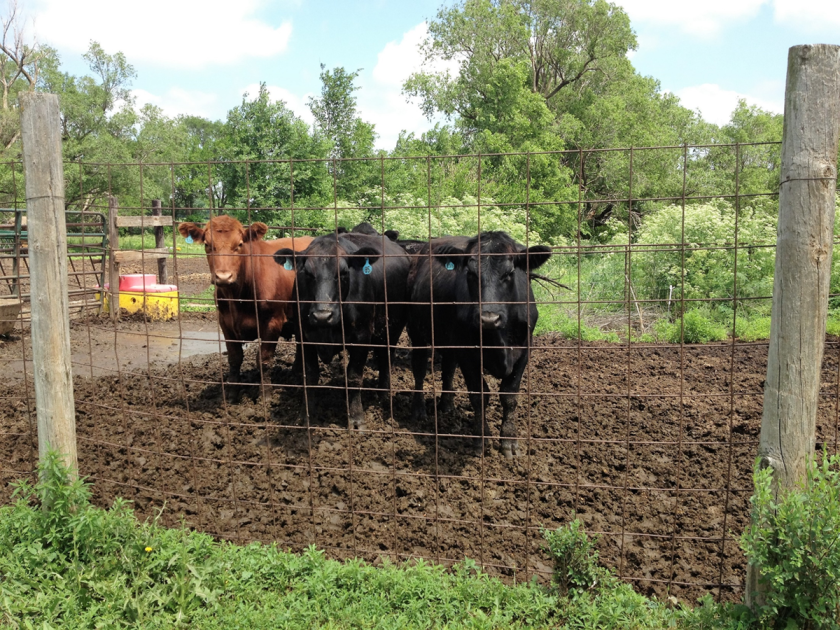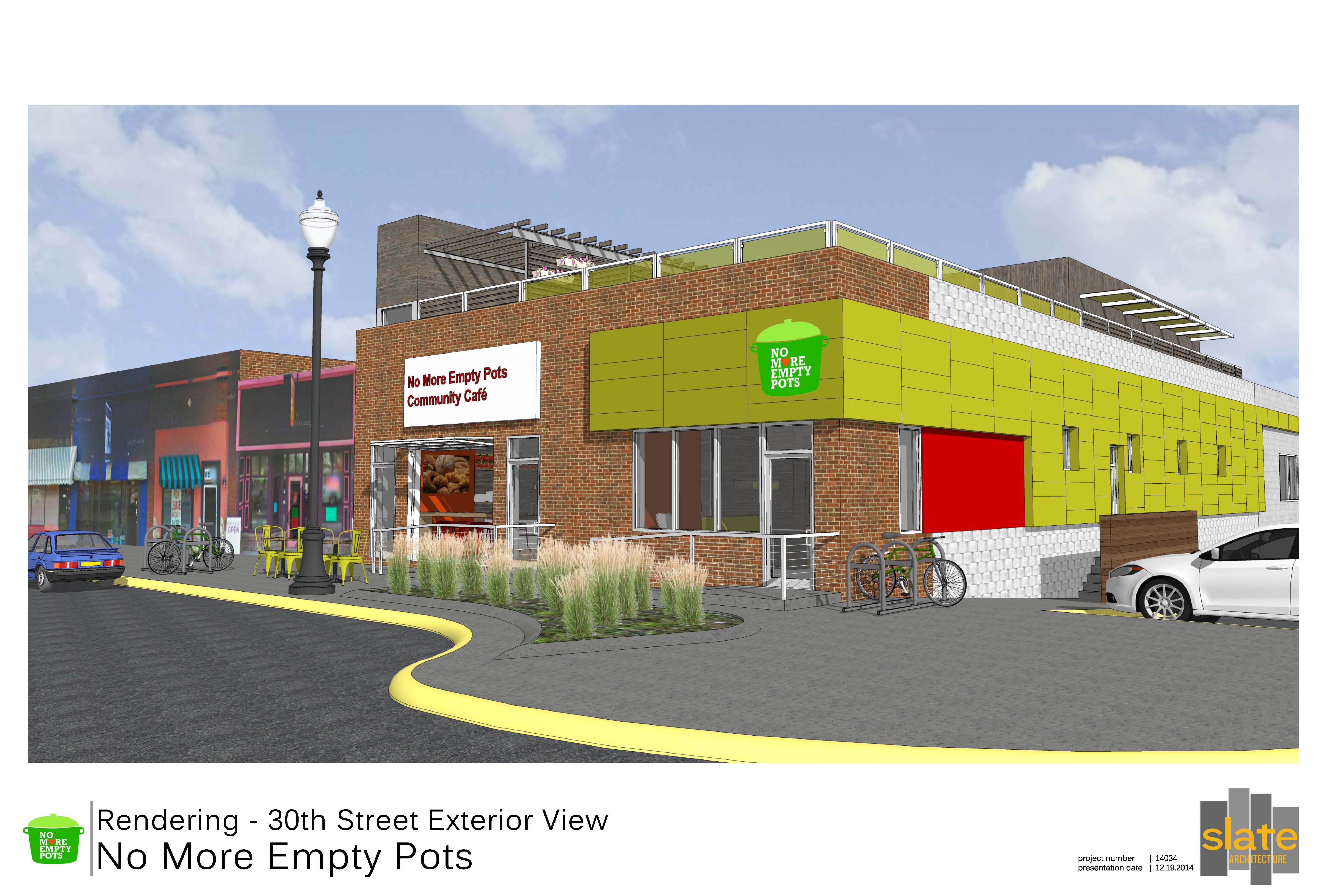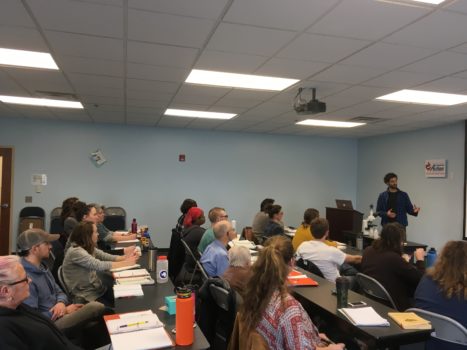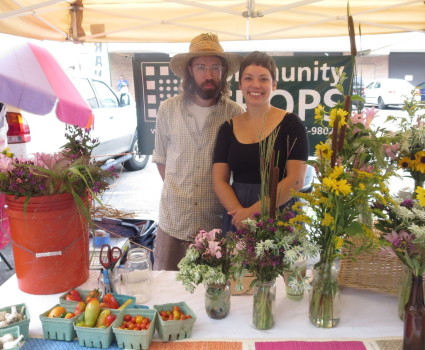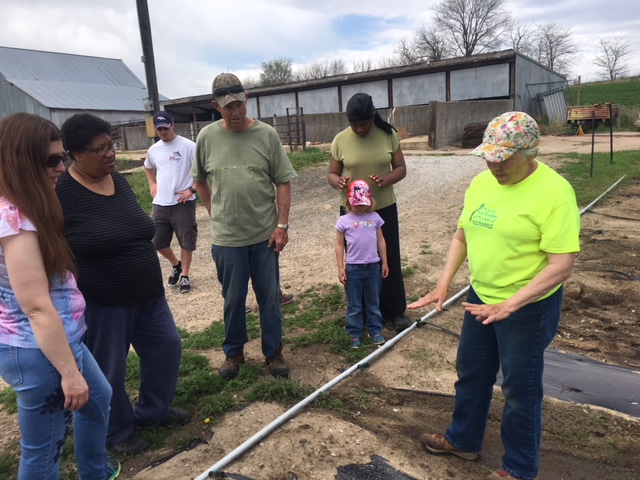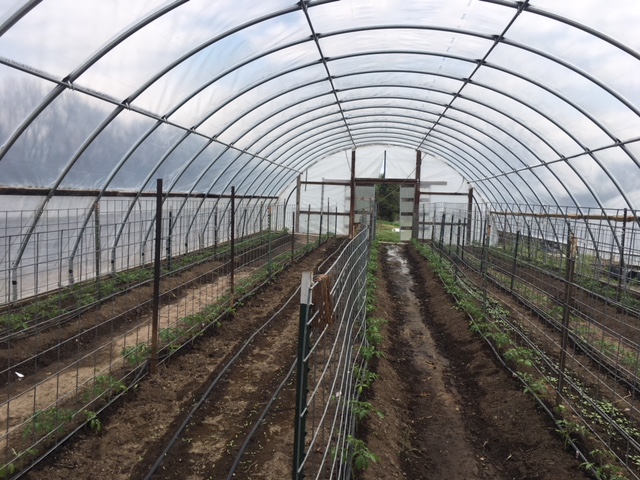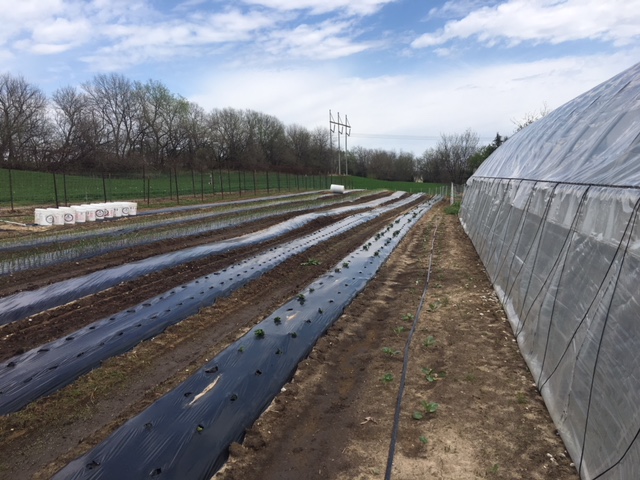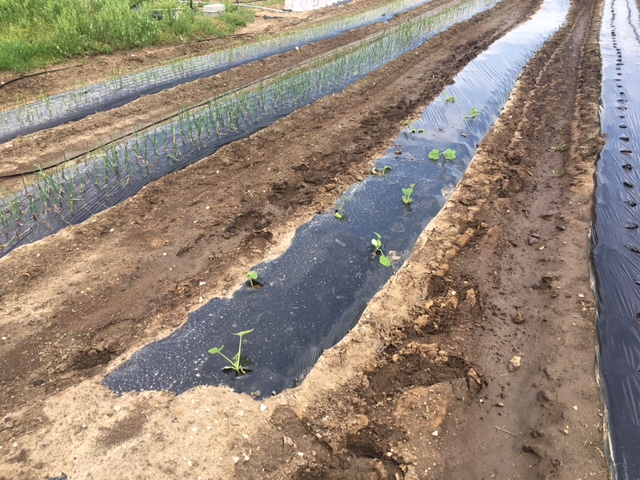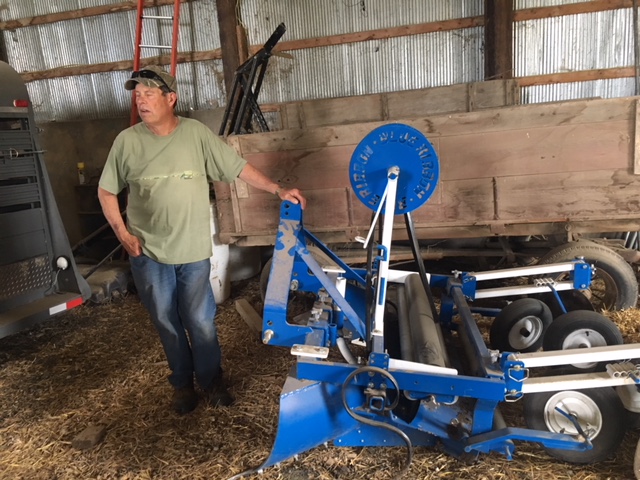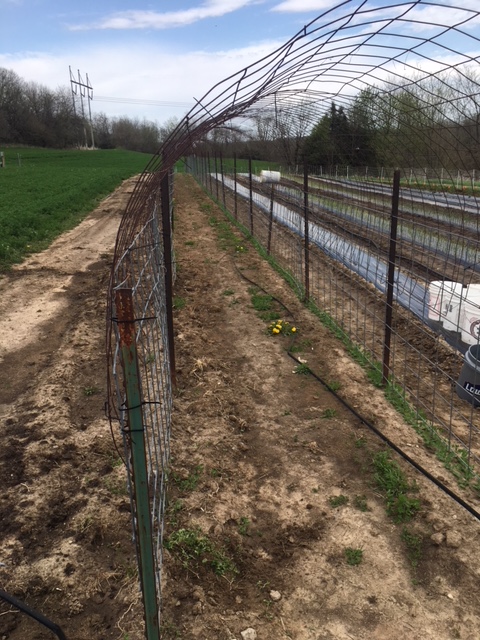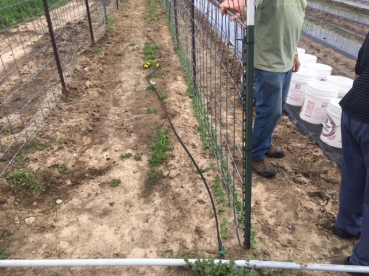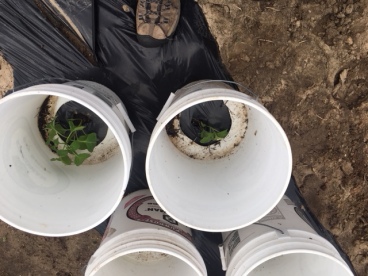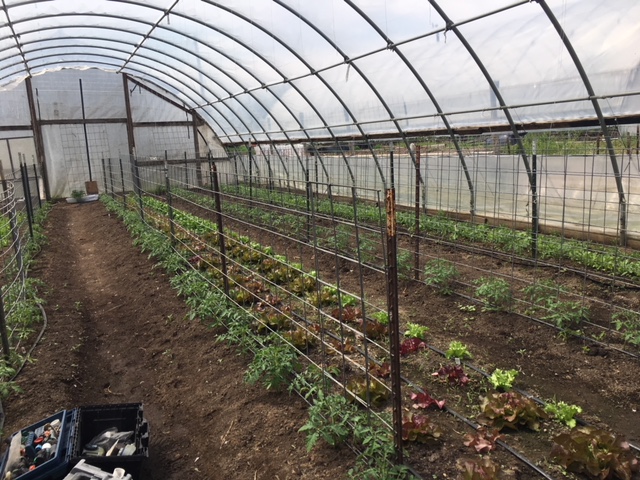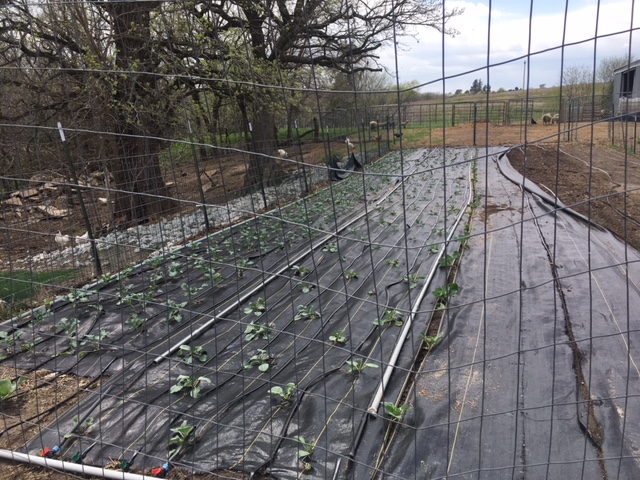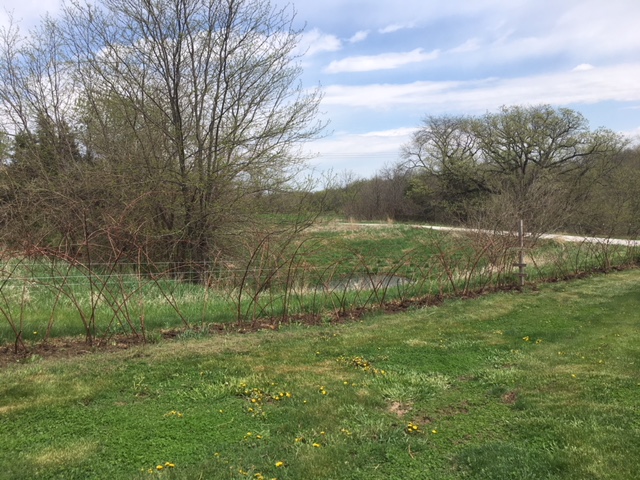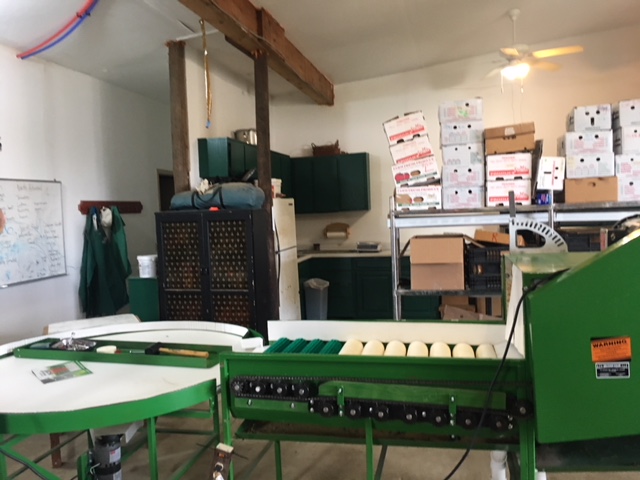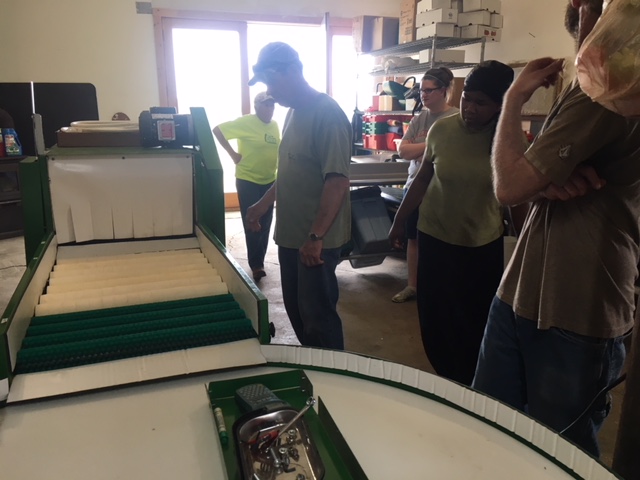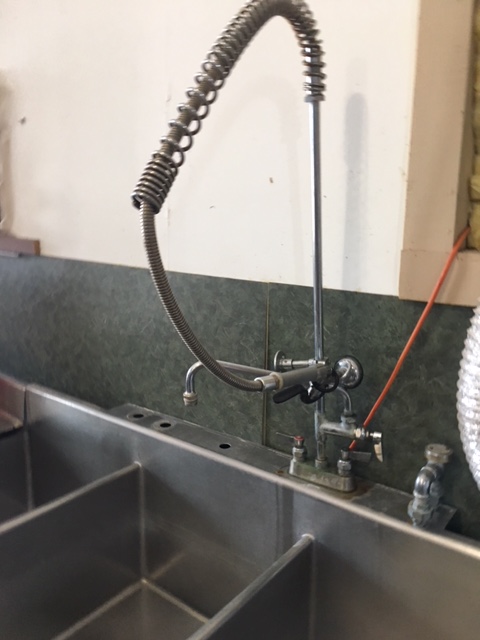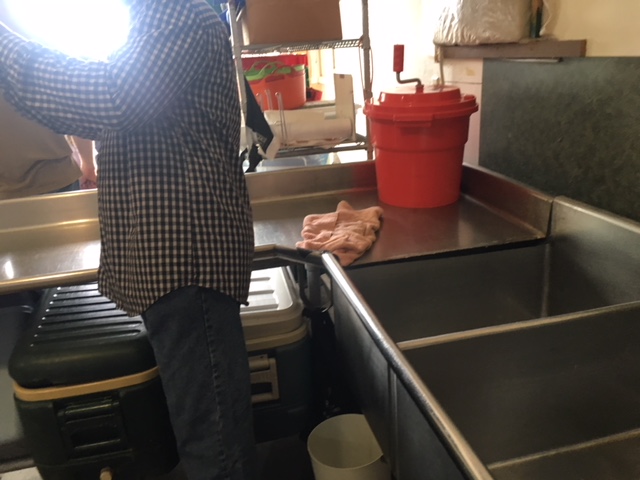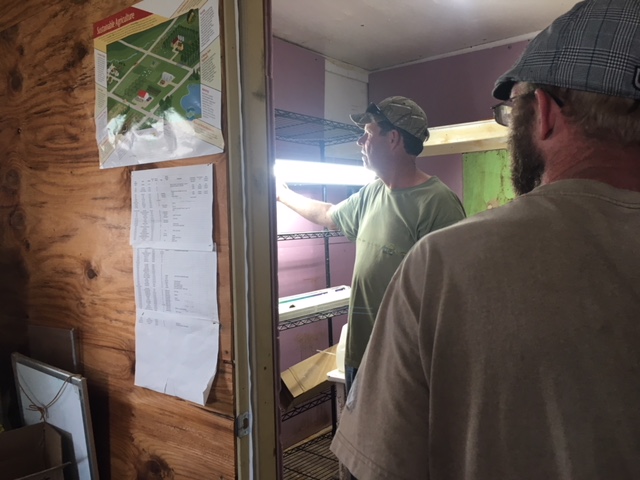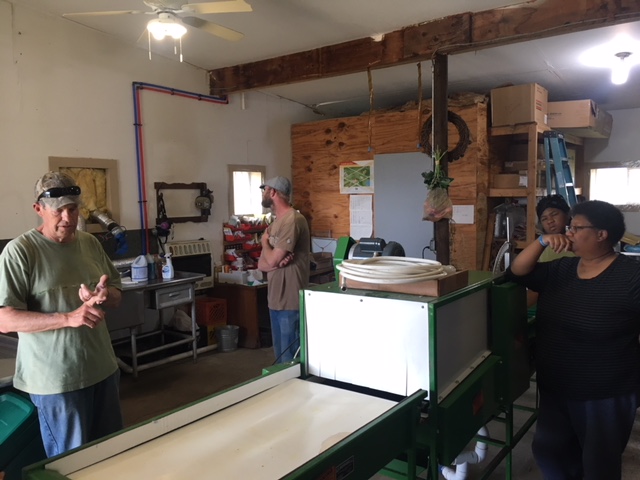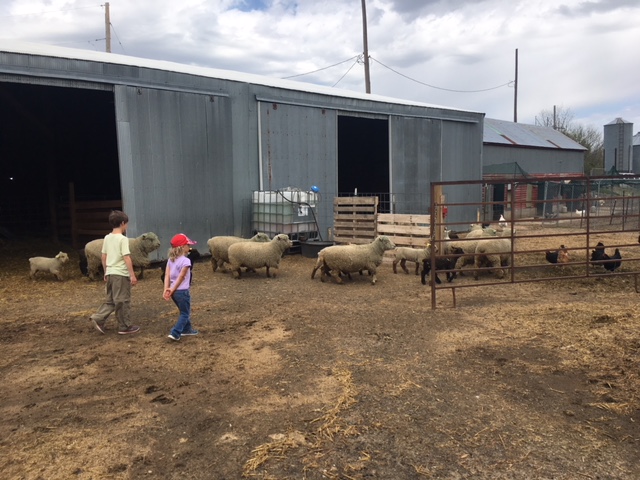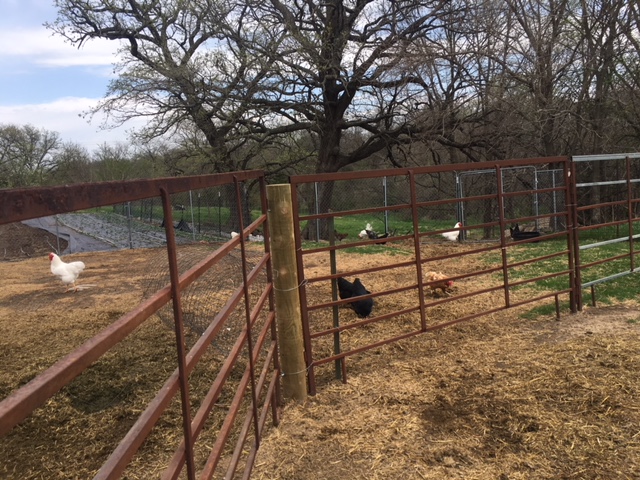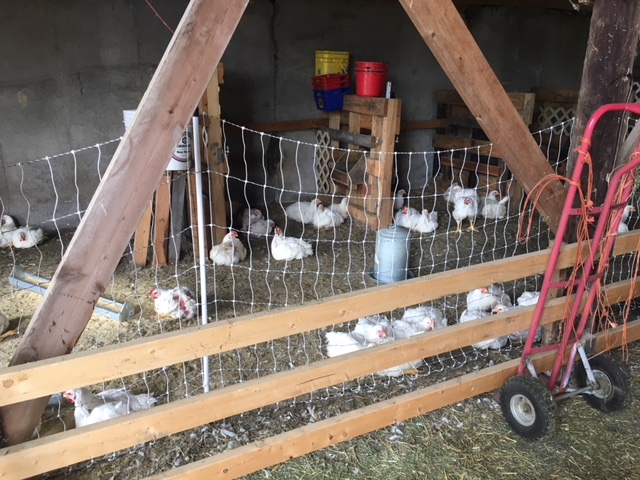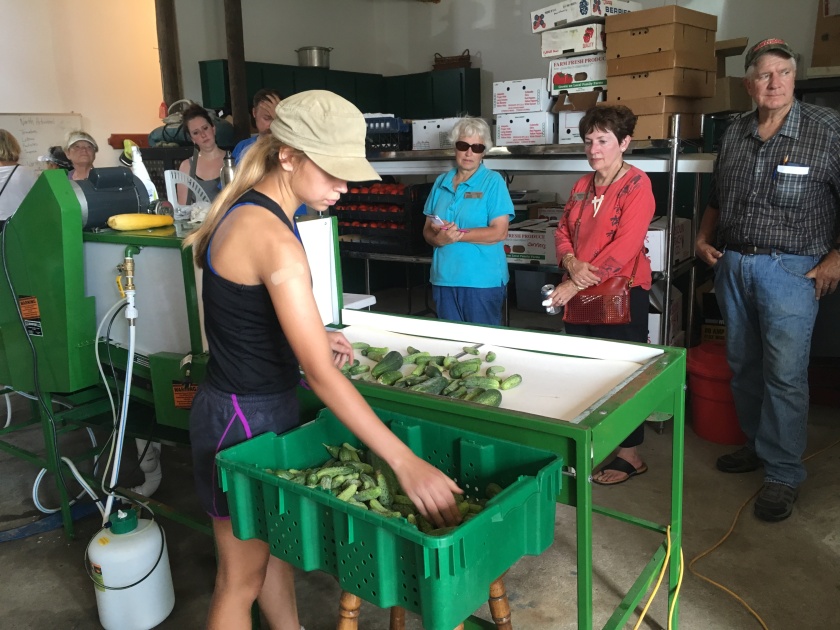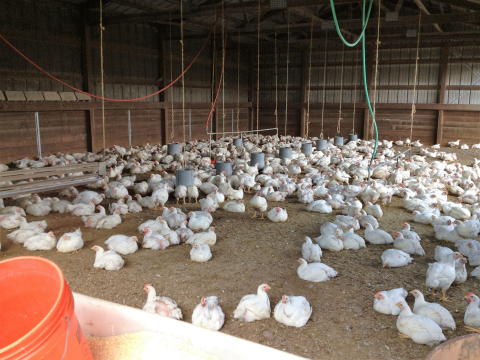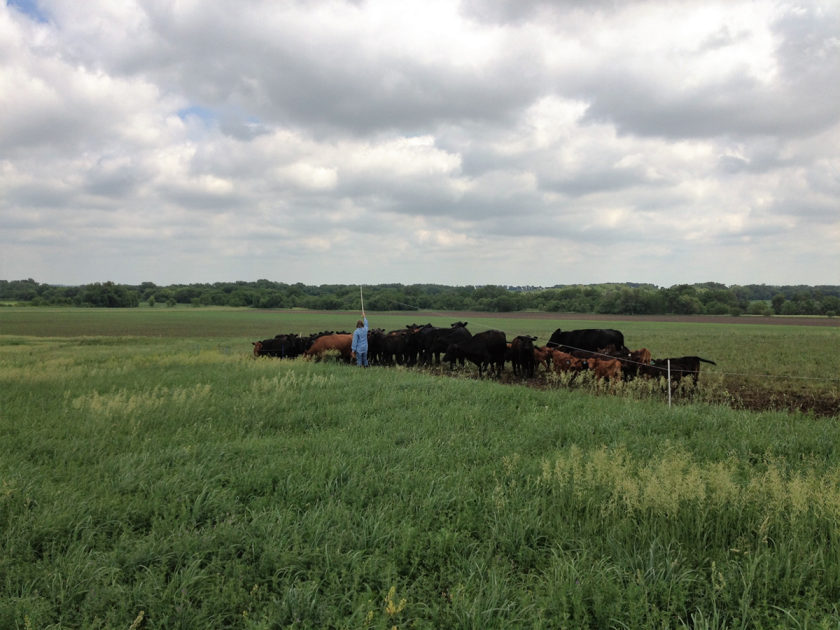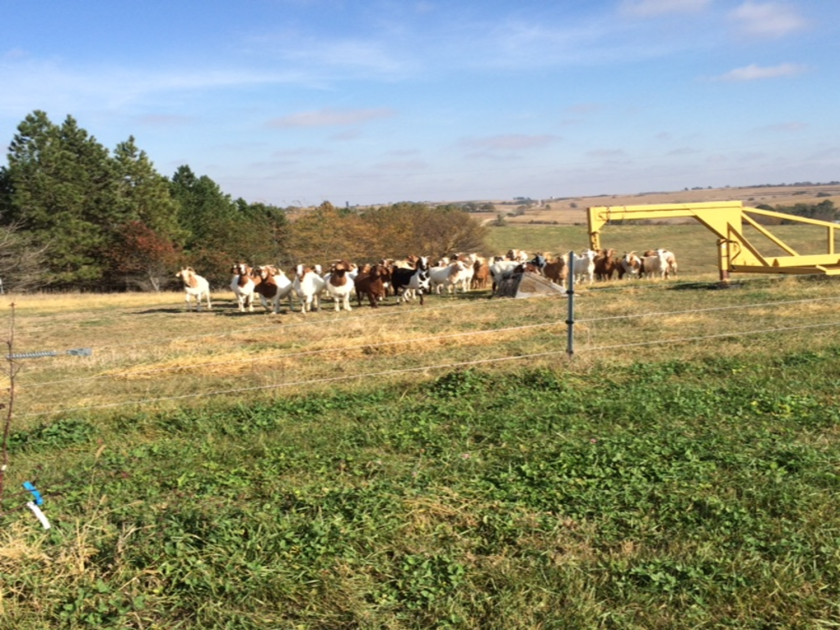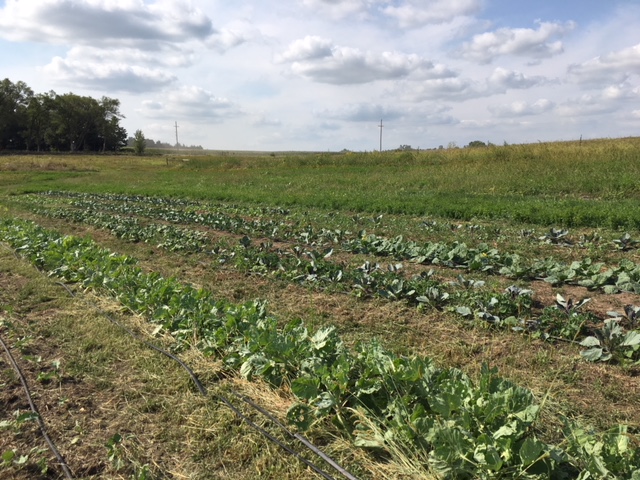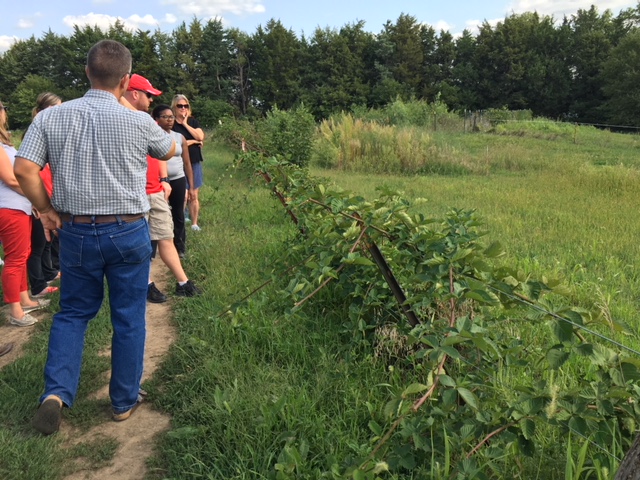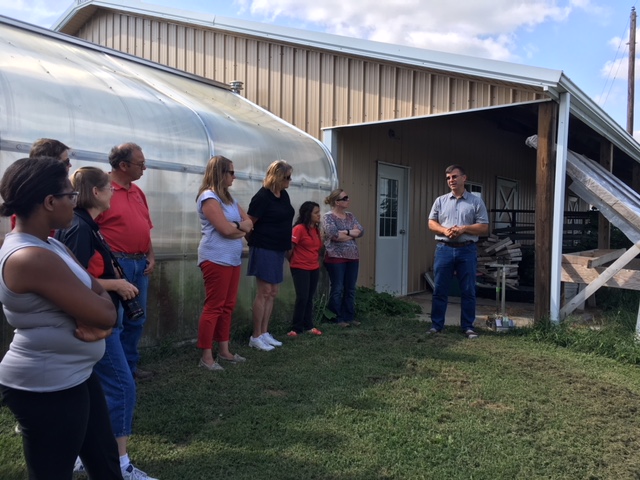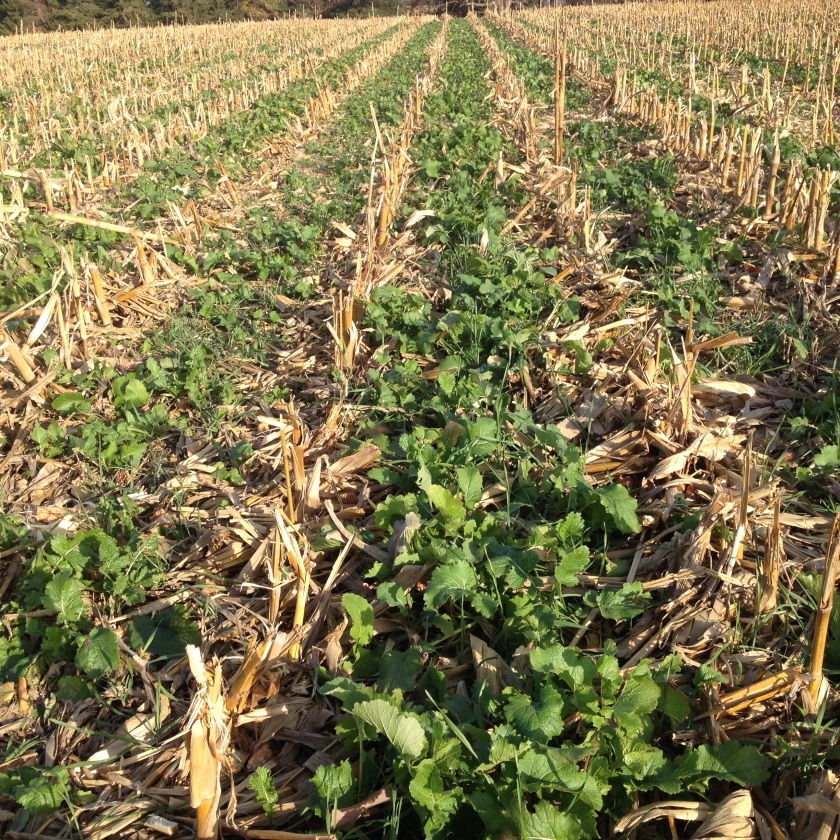
Soil health, cover crops and grazing annual cover crops will be among the topics at the Southeast Nebraska Soil Health Conference on Wednesday, March 6, 2019. The event is being held at the 4-H Building at the Gage County Fairgrounds, 1000 West Scott Street in Beatrice. Registration is open until March 4th. You can register by calling Nebraska Extension in Saline County at (402) 821-2151, emailing lou.hajek@unl.edu or going on-line at: https://go.unl.edu/sesoilhealth2019 . For more information about the program go to: https://extension.unl.edu/statewide/nemaha/southeast-nebraska-soil-health-conference-with-grazing-emphasis-march-6-2019/. A number of sponsors, particularly cover crop seed suppliers will have displays for participants to view during breaks.
An agenda for the conference is listed below:
8:30 AM
Free Registration • Refreshments • Displays
9:00 AM – 9:45 AM
• The Systems Approach for No-Till and Soil Health
Paul Jasa, UNL Extension Engineer
9:45 AM – 10:15 AM
• Cover Crop/Soil Health On-Farm Research Update
Gary Lesoing, UNL Extension Educator
10:15 AM – 10:30 AM
Free Registration • Refreshments • Displays
10:30 AM – 11:00 AM
• Insect Pest Considerations with Cover Crops
Justin McMechan, UNL Crops Specialist
11:00 AM – 12:00 Noon
• How I Increased Profitability on My Farm and Increased Soil Health
Keith Thompson, Farmer and Cattleman – Osage City, KS
12:00 NOON
Sponsor Update • Free Lunch
1:15 PM – 1:45 PM
• Cover Crops and Cattle Grazing Research Update
Mary Drewnoski, UNL Beef Systems Specialist
1:45 PM – 2:15 PM
• How Soil Health is Influencing Soil Testing
Lance Gunderson, Expertise is Soil Microbial Ecology – Ward Laboratories
2:15 PM – 3:30 PM
• All Star Soil Health Panel Discussion – Our Top Tips
Includes Program Speakers plus Rod Christen, Farmer – Tecumseh; and
Jody Saathoff, Farmer – Minden, and CHS Agri Service Center
Seed Company and Agribusiness Displays On Site
Southeast Nebraska Corn Growers Membership Drive
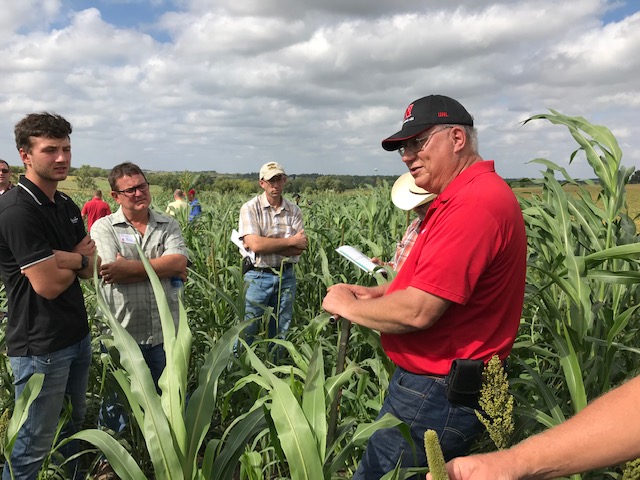
Paul Jasa, Nebraska Extension Engineer, will begin the day discussing “The Systems Approach for No-till and Soil Health”. Paul has been conducting no-till research on the Rogers Memorial Conservation Farm east of Lincoln for almost 40 years. For the past 10 years or more he has also included cover crops as a component of the cropping systems he is evaluating on the farm. Paul will discuss the results of this research.
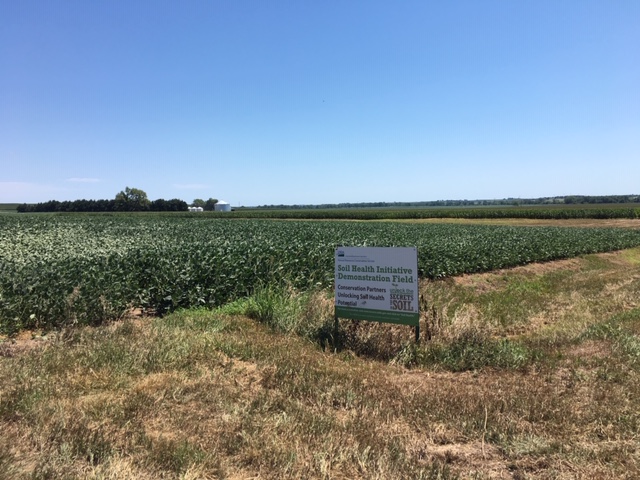
Gary Lesoing, Extension Educator and Nebraska State SARE Coordinator will follow with a report about results from on-farm research from 2018, including research from an NRCS Soil Health Demonstration Field near Auburn on Daryl Obermeyer’s Farm, Soybean Board member from Nemaha County. He will also discuss on-farm research about relative maturity yields of corn and soybeans and how that relates to use of cover crops in cropping systems and nitrogen fertilization of corn planted green into cereal rye.
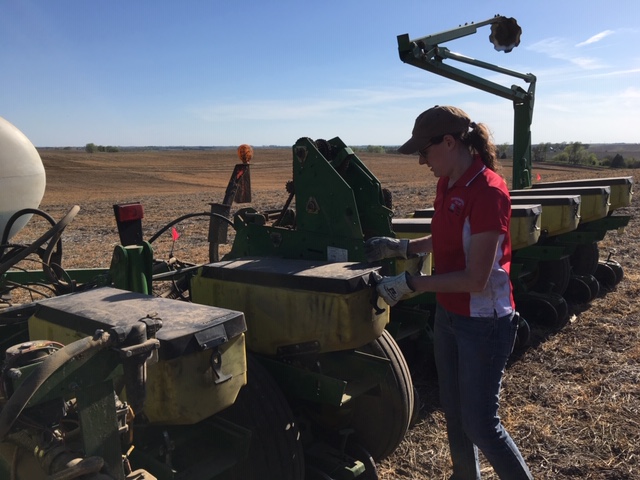
Laura Thompson helps change corn hybrids in relative maturity corn study in Richardson County in 2018.
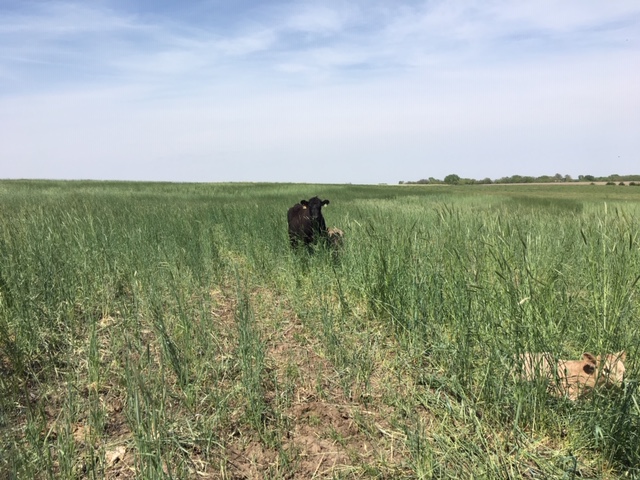
Conducted a small plot on-farm research study where corn was planted green into cereal rye and we added different rates of N as a side-dress to evaluate any yield impacts.
Following a break, Justin McMechan, Extension Cropping Specialist at UNL will discuss insect considerations when using cover crops in various cropping systems.
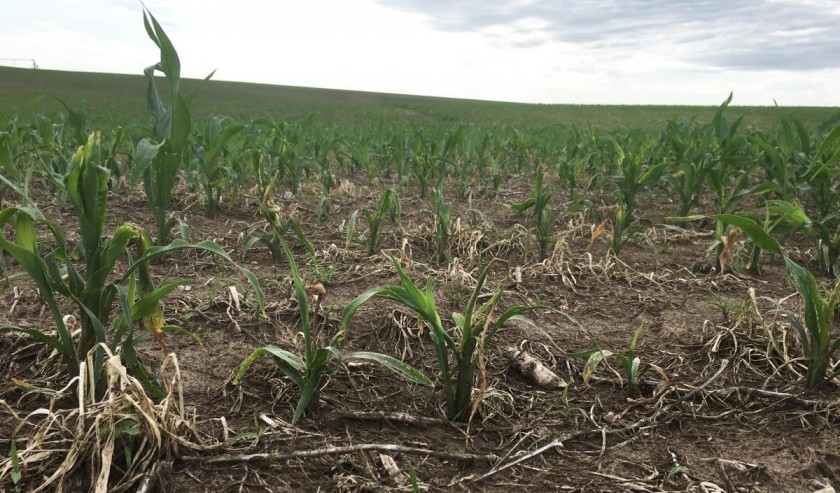
A couple of years ago there were producers that had issues with wheat stem maggot in corn following cover crops of cereal grains; i.e. rye, triticale or wheat.
Our keynote speaker for the day is Keith Thompson of Osage City, Kansas. Thompson farms with his son, Ben, and brother, Doug, whose farm has been in a continuous no-till system since 1991. The system has evolved to include growing more species of cash crops, plus adding cover crops and livestock to benefit the environment and society in the way it mimics Mother Nature. The Thompsons believe in no-till’s environmentally friendly practices and the practice has improved profitability on their farm in soils that have very low water holding capacity. Keith is a board member of No-Till on the Plains.
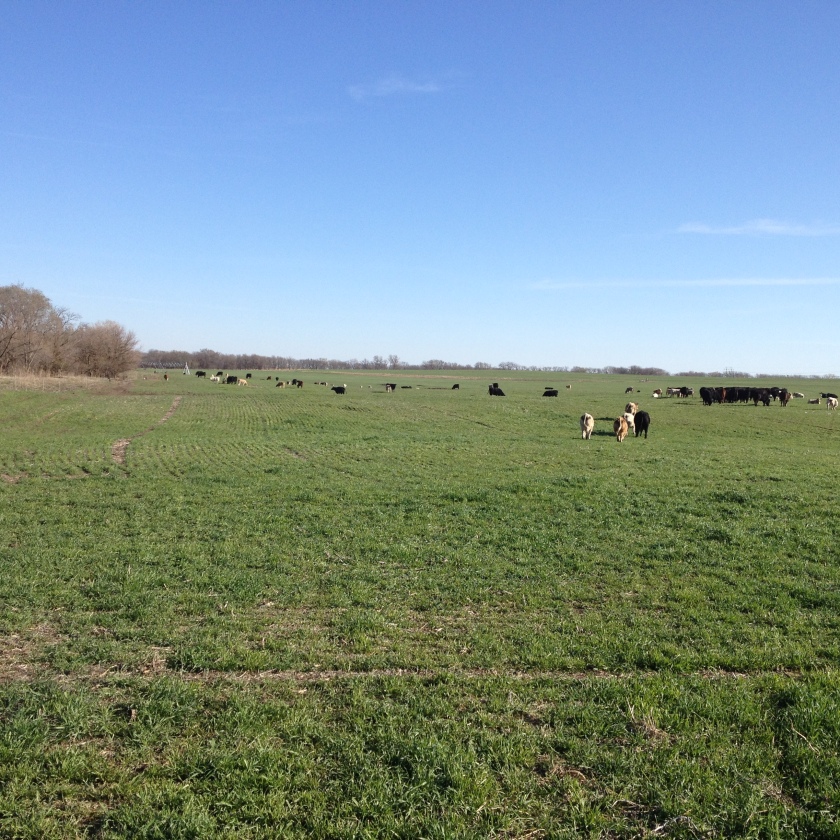
Following Keith Thompson’s keynote address and lunch, Mary Drewnoski, Extension Beef Systems Specialist will provide an update of cover crops and cattle grazing research.
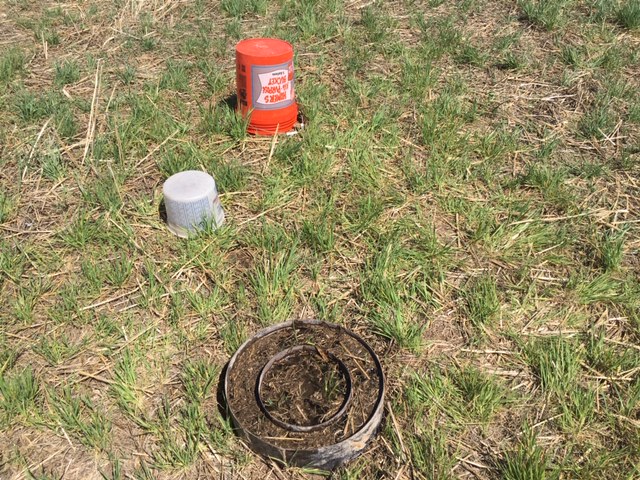
Lance Gunderson, Manager of the Soil Health Division of Ward Laboratories will discuss how soil health is influencing soil testing. The photo above shows water infiltration rates being measured on a SARE Cover Crop On-Farm Research Project where soil measurements were recorded and compared on plots where cover crops were grown, where cover crops were grown and then grazed and where no cover crops were grown the past three years.
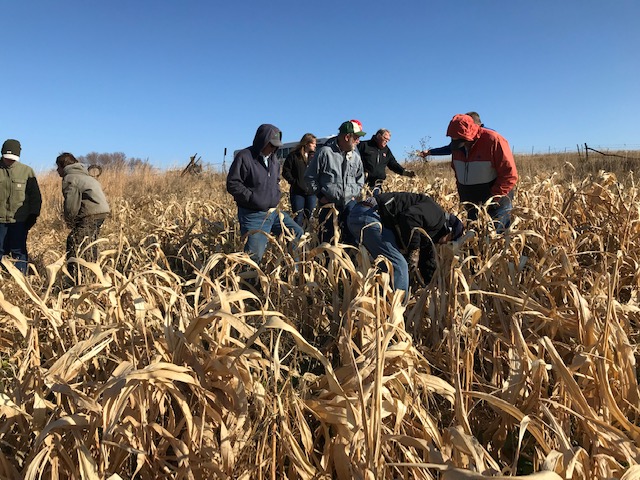
The day will end with a panel of all of the previous presenters at the conference plus Rod Christen, a cow/calf producer from Pawnee County that continuously grows and grazes cover crops throughout the year. He is evaluating the impact this has on soil health. This is an unproductive parcel of land for row crop production, but is being utilized positively with the cattle grazing it several times annually. Some of the cover crops even over seed themselves. Jody Saathoff, a crop advisor from Minden will also be on the panel. He has been working with farmers for the last 10 years or more utilizing cover crops in crop/livestock systems. The panel members will provide the 5 most important take home messages they have when it comes to cover crops and soil health.
It should be an excellent conference for people interested in cover crops, soil health, and integrated crop and livestock systems. To register call (402) 821-2151, email lou.hajek@unl.edu or go on-line at: https://go.unl.edu/sesoilhealth2019 . Register by March 4th to reserve a meal.


